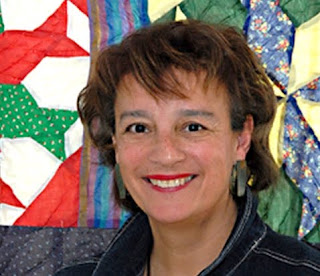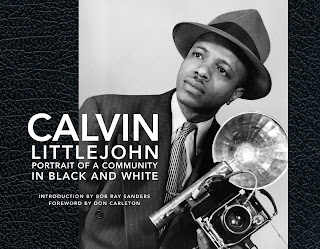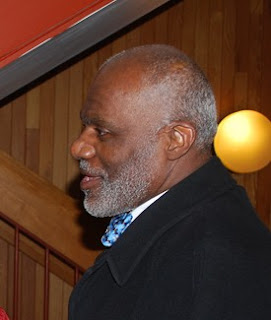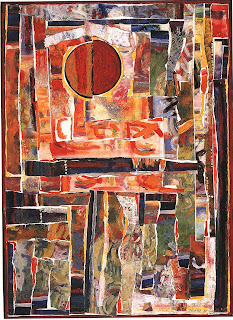Volunteer Help Sought from Africans, African Diaspora, Scholars Worldwide.
Researchers who assembled “Voyages: The Trans-Atlantic Slave Trade Database” online (http://www.slavevoyages.org) at Emory University are now expanding that work with a new project called “African Origins,” an effort to present rare, detailed information on Africans pulled into the slave trade.
With help from the public, researchers plan to reconstruct the migration histories of Africans who were forced onto slave ships in the Atlantic in the early 19th century, says David Eltis, principal investigator on the project.
These and other courts were established around the Atlantic Basin in the early 19th century, following the United States’ and Great Britain’s suppression of the transatlantic slave trade in 1808, says Eltis. The courts adjudicated cases of slaving ships intercepted by the British, Portuguese and Brazilian navies.
The spoken names of Africans liberated from these vessels, along with other identifying information they provided through translators, were recorded in court registers, in an effort to protect these Africans from future enslavement. Now these names are clues to discovering who these Africans were.
The persistence of naming practices among many African social groups, as well as the strong links between the use of certain names in certain languages, means that these names can be used to identify what language or ethnic group an African belonged to, and through this, where the individual lived in Africa at the time he or she was pulled into the slave trade, says Eltis.
Volunteers sought
To canvas the thousands of languages and dialects likely spoken by the more than 67,000 individuals listed in these historical registers, the African Origins project seeks volunteer help among communities of Africans and scholars worldwide. Members of the public with knowledge of African languages, cultural naming practices and geographic areas can assist in identifying the language, ethnic and geographic origins of people listed in these registers, by taking a few minutes to search these records, listen to a name and offer an assessment of an individual’s likely affiliations.
With these insights, scholars serving as editors of the database can consider the range of possible languages and groups affiliated with a name, alongside historical records of peoples’ locations and movements across western Africa.
As contributions are received and analyzed and new data on origins published, says Eltis, visitors to the African Origins site eventually will be able to search for Africans by ethno-linguistic group and geographic place of origin and view maps of the historical locations of groups pulled into the slave trade.
Much like the Voyages project that preceded it, this work will depend on the contributions and expertise of many in addition to the Emory team, says project manager Liz Milewicz. Most notably, it will employ “citizen science,” soliciting voluntary help from members of the public to help identify the likely language or ethnic group suggested by an African’s name.
“In our case, we’re really looking for ‘citizen historians’ to help us with this project,” Milewicz says. “The detail and diversity of this historical data requires contributions from people familiar with a vast number of African languages, cultures and geographic areas.”
The African Origins database will launch for public use in late spring 2010. To learn more about the project or contact the project team, visit http://www.african-origins.org.
About David Eltis
A research associate at Harvard’s W.E.B. Du Bois Institute since 1993, principal investigator Eltis is the author of two prize-winning books on the Atlantic slave trade: “Economic Growth and the Ending of the Transatlantic Slave Trade” (New York, Oxford University Press, 1987) and “The Rise of African Slavery in the Americas” (New York, Cambridge University Press, 2000). He also has edited and contributed to “Coerced and Free Migration: Global Perspectives” (Stanford University Press, 2002). His most recent works include “Extending the Frontiers: Essays on the New Trans-Atlantic Slave Trade” (2008) and the forthcoming “An Atlas of the Transatlantic Slave Trade,” both published by Yale University Press.
About Voyages and Origins
A National Endowment for the Humanities (NEH) grant provides the bulk of support for this project, with additional funding provided by Harvard University’s W.E.B. Du Bois Institute for African and African American Research and by Emory University’s Research for Collaboration in the Humanities Program. NEH is an independent grant-making agency of the United States government dedicated to supporting research, education, preservation and public programs in the humanities. ###
Contact:
- Maureen McGavin: 404.727.6898
- Elaine Justice: 404.727.0643































